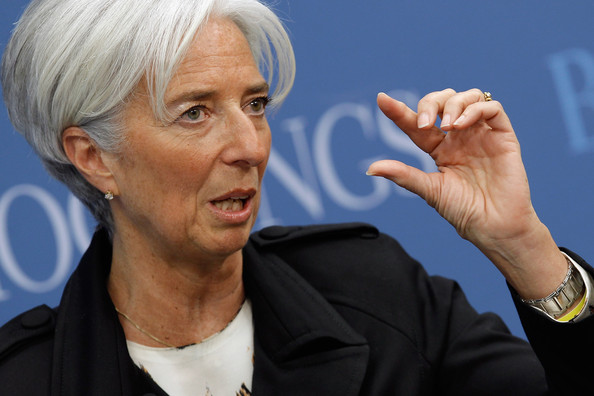The International Monetary Fund, IMF, on Tuesday, April 12 cut its global growth forecast for the fourth time in a year, while warning of the risk of political isolationism, notably Britain’s possible exit from the European Union, and growing economic inequality.
The IMF said chronic weakness had left the global economy vulnerable to shocks such as sharp currency devaluations and worsening geopolitical conflicts.
In its latest World Economic Outlook, the IMF forecast global growth of 3.2 percent this year, compared to a downwardly revised forecast of 3.4 percent in January.
The growth estimate also was lowered in July and October of last year. For 2017, the IMF said the global economy would grow 3.5 percent, down 0.1 percentage point from its January estimate.
Its latest report cited a worsening spillover from China’s economic slowdown as well as the impact of low oil prices on emerging markets such as Brazil. It also highlighted persistent economic weakness in Japan, Europe and the United States.
“In brief, lower growth means less room for error,” IMF’s chief economist, Maurice Obstfeld, told a news conference, adding that “scarring effects” from years of tepid growth could in turn weaken demand, thin the workforce and reduce potential output further, creating a scenario of “secular stagnation.”













